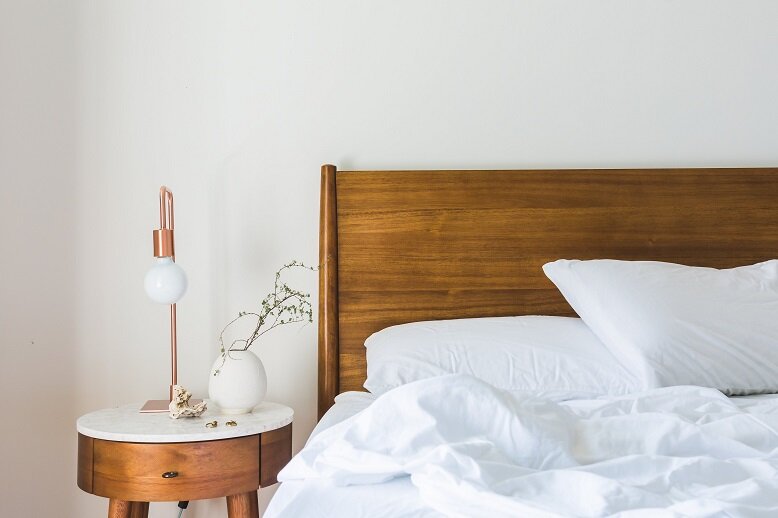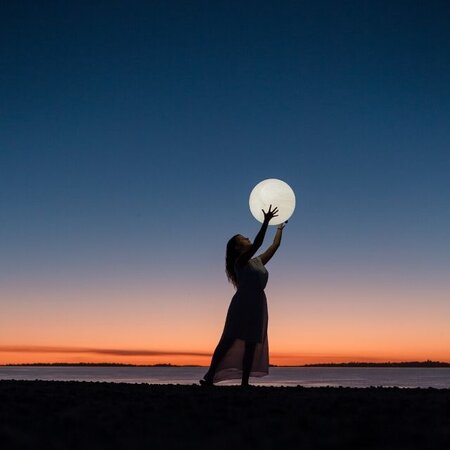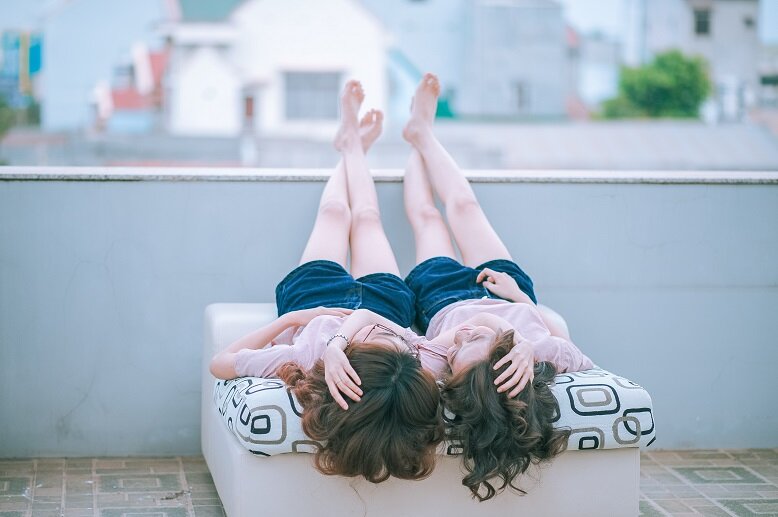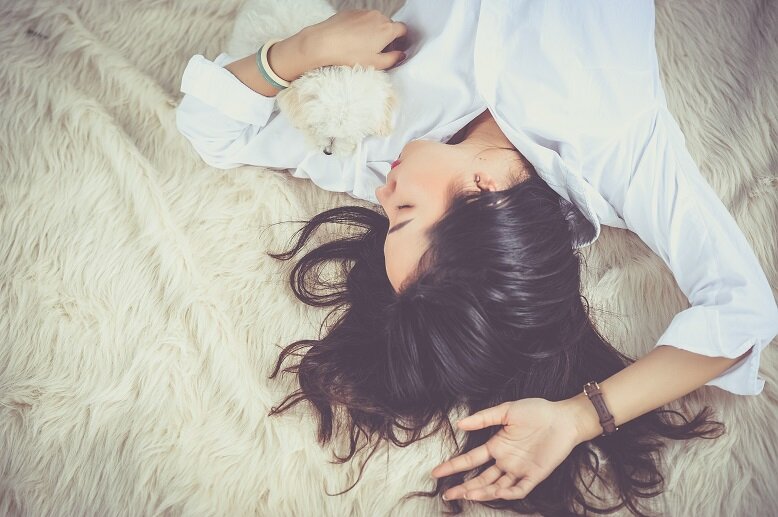Dreams have a funny way of mimicking reality. They sometimes place us in absurd situations that probably wouldn’t happen IRL. Other times, they’re too eerily similar to our conscious experiences and conversations. The rest falls in the in-between of the first two, as our brains try to make sense of the various bits of information it stores in the subconscious part of the mind. But no matter its source, dreams have the possibility of affecting our realities — especially when we start to interpret them.
So when we start having more frequent dreams, it's best to take note of them. Sudden changes, including that in society, have been proven to affect one’s dreams and sleep habits. For instance, Charlotte Beradt was able to compile numerous accounts of people having weird, fantastically detailed, or hyper-realistic dreams in her book The Third Reich of Dreams. It gave the world an insight into another reality experienced by German Jews in 1930s Germany, where people experienced losing their homes, their jobs, and their rights. While it may not be identically similar to everyone's experience, the anxiety is something we can relate to in as far as the pandemic has changed reality as we know it.

Our dreams can be reflections of our waking moments.
"According to some theories, dreams can be a manifestation of our current anxieties and worries or wishes and desires which might be suppressed in our everyday lives," shared Dr. Cherie Chan, President of the Singapore Psychological Society and clinical psychologist at Thrive Family. She noted that with the increased anxiety from the current COVID-19 situation, individuals may feel more stressed and this can eventually lead to having vivid dreams while sleeping.
Given that we’re on the cusp of what has been referred to as "the new normal", we talked to three individuals who shared how the current situation has affected their dreams and sleeping habits while self-isolating.
Dreaming of the great outdoors

In our dreams, the impossible becomes somewhat achievable.
"I’ve been having weird dreams lately," shared Maria, a social media manager for an IT company. "Just recently, I dreamt about seeing the full moon up close. It was bright and seemed just within my reach — that’s how close the moon was in my dream." She’s been rendering regular work hours, from 8AM to 6PM, while working from home. While the change of scenery was the biggest life change she experienced when Manila underwent enhanced community quarantine, she’s also shared that she hasn’t really left the house since it began.
"It probably has something to do with binge-watching Marvel movies lately," she joked, referring to the different universes and worlds found in the franchise. But upon looking up the meaning of different imagery in dreams — the moon signifies change and mystery, apparently — she connected it to the feelings of uncertainty and worry brought about by the situation. While she doesn’t remember waking up in the middle of sleeping, she does have trouble falling asleep. A self-confessed overthinker, she said she constantly worries about how the world is changing and how it affects the plans she made pre-coronavirus.
Reuniting with friends and family
Another person who hasn’t left her house since social distancing measures were placed is Janine, an HR training manager for an automotive company. "I’ve been having a lot of dreams involving me going outside my house a lot," she mused. Though she’s officially working from home right now, she’s rarely given tasks so she’s been keeping herself busy with household chores and entertainment. Of the three people we reached out to, Janine has experienced the biggest change in her sleep habits. She often goes to bed at 3 or 4AM and waking up around noon. To this, Dr. Chan suggested avoiding all caffeine-type drinks and practising good sleeping hygiene to help start correcting your body's internal clock.

Some dreams show us what we want to have IRL
"I do think the emotions I’ve been feeling during the ECQ were strong enough to give me weird dreams," she reflected, citing a dream she had involving her close friends, a blind date, and a cosy restaurant. While the situation she dreamt about is highly unlikely to happen in reality, Janine shared that she has been missing interacting with her friends in person. She’s kept in touch with them through Facebook messages, but it doesn’t compare to the real thing.
On the other hand, Alex, a school employee, has had several dreams about her daughter who was sent to the province before the Metro Manila lockdown started. "While I couldn’t recall the exact situations, one thing prevails: the feeling of missing her physical presence." Alex shared that they had to celebrate her daughter’s second birthday apart and resorted to nightly video calls to check up on her. Though feeling anxious about when things will go back to normal, she’s at ease with her daughter’s health since their province does not have any cases of COVID-19. However, she has been sleeping later compared to before, occasionally waking up around 3 or 4 in the morning.
How your dreams affect you
"Having vivid stressful dreams could lead to daytime sleepiness, difficulties with mood and might also result in fears around going to sleep. This, in turn, would impact on feeling less restful with more anxiety and low moods," Dr. Chan said. She suggested getting your mind to re-associate your bed with sleep and less of other things that might keep it awake. Having a wind-down routine can also condition the mind into becoming more restful and tired at night.

When dreams become too disruptive, some grounding techniques may help correct it.
If you find yourself abruptly waking up because of a dream, Dr. Chan recommends practising some grounding techniques such as "knowing where you are at, five things you can see, things you can feel and touch" to bring back a sense of safety and calm yourself down. These practices can also help lessen disrupted sleep. Do it before bed since this refocusing helps draw the mind from the "external world" back to the "body", according to Dr. Chan.
Like our interviewees, if you’re someone who’s currently experiencing excessively disrupted sleep patterns, Dr. Chan recommends seeing a registered practitioner who can help. "If you are not sleeping well, don’t blame yourself; it is a very uncertain time for everyone. Be kinder, connect with your current moment and provide some compassion to yourself."
Here are more tips to help you head off to dreamland.
Comments, questions or feedback? Email us at [email protected].





.png)


